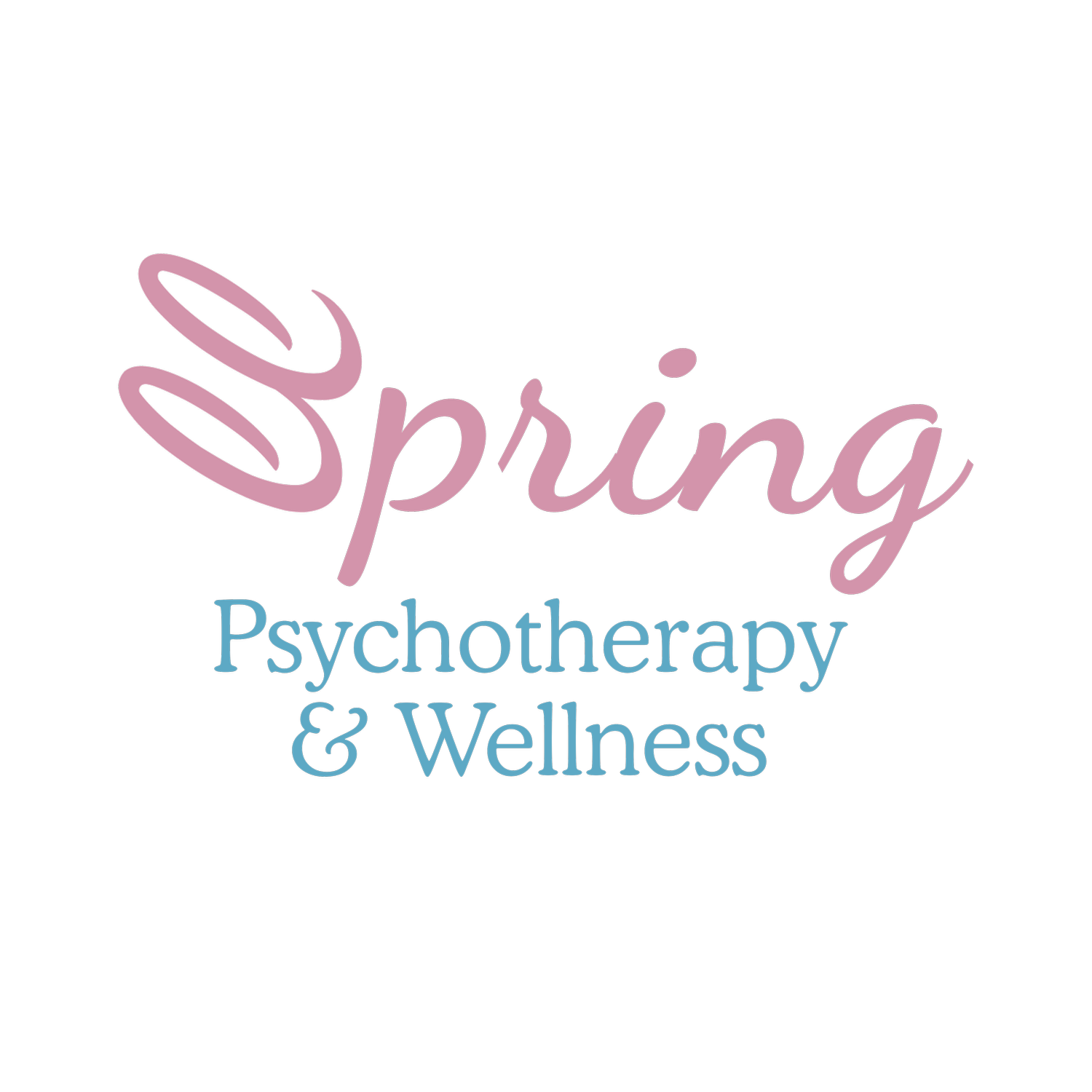10 Recent Studies on the Benefits of Intuitive Eating for Eating Disorder Recovery
Intuitive eating is a non-diet approach to eating that focuses on listening to your body's hunger and fullness cues, honoring your food preferences, and making peace with food. In recent years, there has been growing evidence that intuitive eating can be an effective way to help people recover from eating disorders.
The following studies suggest that intuitive eating can be a helpful tool for people who are struggling with eating disorders. It is important to note that intuitive eating is not a quick fix. It takes time and effort to learn how to listen to your body's cues and to challenge the negative thoughts and beliefs that may be contributing to your eating disorder.
“Intuitive Eating and Its Association with Psychosocial Health in Adults” (2022) by Gödde et al. found that intuitive eating was associated with better psychosocial health, including lower levels of anxiety, depression, and disordered eating, in a representative sample of. Canadian adults.
"Impact of an Intuitive Eating Intervention on Disordered Eating Risk Factors in Female-Identifying Undergraduates: A Randomized Waitlist-Controlled Trial" (2022) by Tan et al. This study found that an intuitive eating intervention was effective in reducing disordered eating risk factors in female-identifying undergraduates.
"Effect of a Nutritional Behavioral Intervention on Intuitive Eating in ‘Overweight’ Women with Chronic Kidney Disease" (2022) by Pereira et al. This study found that a nutritional behavioral intervention that included intuitive eating principles was effective in improving intuitive eating in overweight women with chronic kidney disease.
"Effects of Online and Face-to-Face Intuitive Eating Interventions on Body Image and Eating Behaviors among Women in China: A Feasibility Study" (2021) by Zhang et al. This study found that both online and face-to-face intuitive eating interventions were effective in improving body image and eating behaviors in Chinese women.
"Intuitive Eating Longitudinally Predicts Better Psychological Health and Lower Use of Disordered Eating Behaviors: Findings from EAT 2010–2018"(2020) by Hazzard et al. This study found that people who scored higher on a measure of intuitive eating had better psychological health and lower rates of disordered eating behaviors over an eight-year period.
"Body Appreciation and Intuitive Eating in Eating Disorder Recovery" (2020) by Koller et al. This qualitative study found that intuitive eating was helpful for people in eating disorder recovery in a number of ways, including improving body image, reducing food guilt, and increasing self-compassion.
“Learning to Eat Intuitively: A Qualitative Exploration of the Experience of Mid-Age Women” (2019) by Barraclough et al. conducted a qualitative study to explore the experience of learning to eat intuitively among mid-age women. The women reported that intuitive eating helped them to improve their relationship with food and their bodies, and to reduce their disordered eating behaviors.
”Everyday Discrimination as a Predictor of Maladaptive and Adaptive Eating” (2019) by Yoon et al. examined the relationship between everyday discrimination and maladaptive and adaptive eating behaviors in a sample of Korean adolescents. They found that adolescents who experienced more everyday discrimination were more likely to engage in maladaptive eating behaviors, such as binge eating and purging. However, they were also more likely to engage in adaptive eating behaviors, such as intuitive eating and show improvement.
"Intuitive Eating: A Review of the Literature" (2016) by Tylka et al. This review provides an overview of the research on intuitive eating, including its benefits for eating disorder recovery.
“A Review of Interventions That Promote Eating By Internal Cues” (2014) by Schaefer and Magnuson found that an intuitive eating intervention was effective in improving body image and eating behaviors in women with eating disorders. Referenced AFAB people, no participants self-reported as transgender.
These are just a few of the many studies that have shown the benefits of intuitive eating for eating disorder recovery. If you are struggling with an eating disorder, take time learn more about intuitive eating and consider working with a therapist who is trained in this approach.
Here are some additional resources that you may find helpful:
"Intuitive Eating: The Revolutionary Program That Works" (2000) by Evelyn Tribole and Elyse Resch. This book is a classic guide to intuitive eating, and is a good resource for people who are interested in learning more about this approach.
The Intuitive Eating Website: https://www.intuitiveeating.org/
Project Heal: https://www.theprojectheal.org
The Eating Disorders Coalition: https://eatingdisorderscoalition.org/
The National Association of Anorexia Nervosa and Associated Disorders (ANAD): https://anad.org/

